 Hundreds of thousands of protesters turned out in cities across the Middle East on Friday to protest the unaccountability of their leaders and express solidarity with the uprising in Libya that Col. Muammar el-Qaddafi is trying to suppress with force.
Hundreds of thousands of protesters turned out in cities across the Middle East on Friday to protest the unaccountability of their leaders and express solidarity with the uprising in Libya that Col. Muammar el-Qaddafi is trying to suppress with force.
In Iraq, demonstrations for better government services spiraled out of control in many places. Protesters burned buildings and security forces fired on crowds in Baghdad, Mosul, Ramadi and in Salahuddin Province, north of the capital, killing at least four people.
Large-scale demonstrations in Yemen appeared to proceed more peacefully, even festively. More than 100,000 people poured into the streets on Friday, after Yemen’s embattled president pledged on Wednesday not to crack down on protesters.
In Egypt, tens of thousands of people returned to Tahrir Square in central Cairo to celebrate one full month since the start of the popular revolution that toppled President Hosni Mubarak.
In Bahrain, pro-democracy demonstrations on a scale that appeared to dwarf the largest ever seen in the tiny Persian Gulf nation blocked miles of downtown roads and highways in Manama, the capital, on Friday. The crowds overflowed from Pearl Square in the center of the city for the second time in a week.
On Friday for the first time, it was the country’s Shiite religious leaders, rather than the political opposition, who called for people to take to the streets.
In Bahrain, a Sunni monarch rules over a mostly Shiite population that says it has long faced discrimination in employment and other areas, and the protests in recent weeks have drawn mostly Shiites to the streets. Although some of the chants and symbols Friday had a religious cast, protesters’ demands remained the same — emphasizing a nonsectarian call for democracy and the downfall of the government.
“We are winners, and victory comes from God,” protesters chanted in Manama.
A few of the protesters carried black flags — a Shiite mourning symbol — but they appeared in a vast sea of red and white, the colors of Bahrain.
Crowds stretched two miles to the Bahrain Mall, east of Pearl Square, and about another two miles southwest of the square to the Salmaniya Medical Complex.
Throughout the unrest that has gripped the region for more than a month, protest organizers have mounted their largest demonstrations on Fridays, when most people are off work and the day is punctuated by an important Muslim prayer service at noon.
The violence in Iraq came after demonstrators responded to a call for a “day of rage,” despite attempts by the government to keep people from taking to the streets. Prime Minister Nuri Kamal al-Maliki made a televised speech on Thursday urging Iraqis not to gather, and security officials in Baghdad banned all cars from the streets until further notice.





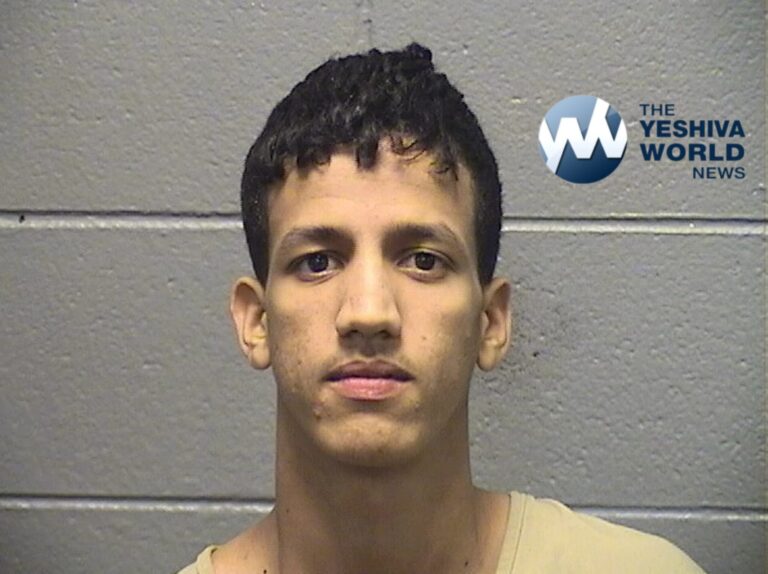
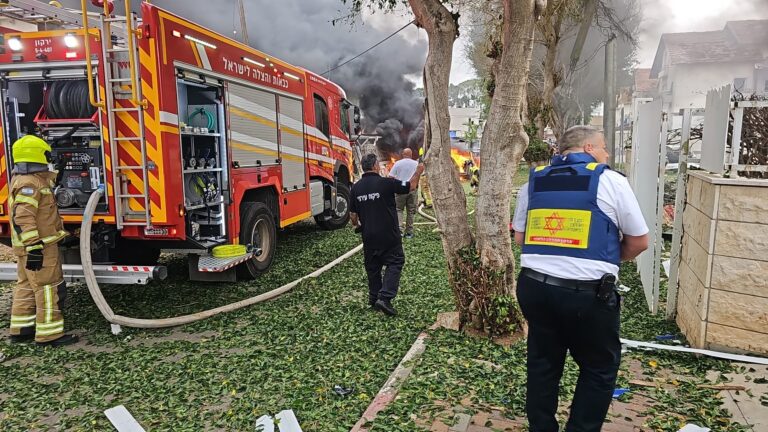
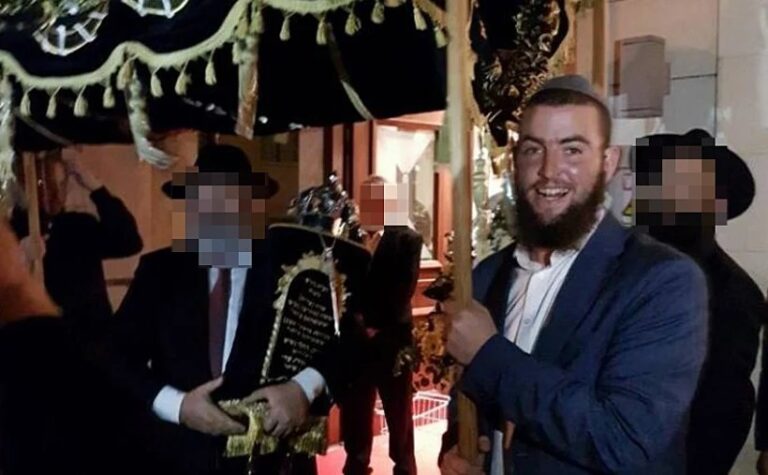

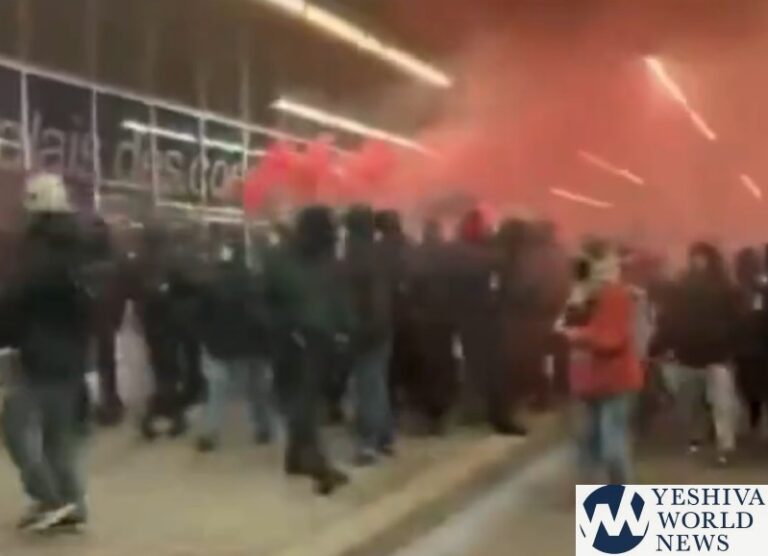
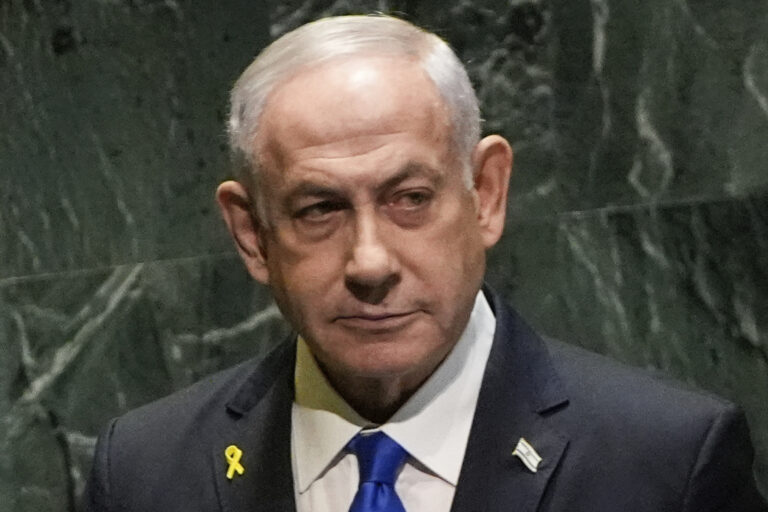
One Response
Moderator, please allow me to post this
go to ravbrevda.org and listen to his shiurim. He makes sense of a lot of things and gives us great chizuk in these times.